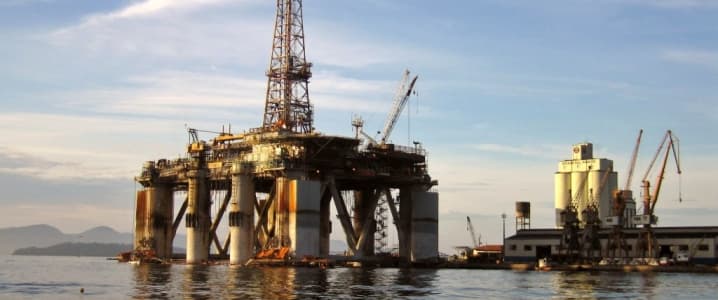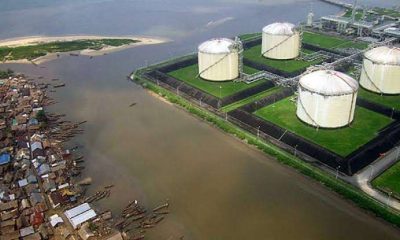Business
FG threatens to revoke oil licences over idle wells as production hits 1.8m barrels daily

The Federal Government has warned oil companies holding operating licences without the capacity to invest and produce crude oil that their licences risk being revoked.
Minister of State for Petroleum Resources (Oil), Heineken Lokpobiri, issued the warning on Wednesday in Abuja while speaking at the Petroleum and Natural Gas Senior Staff Association of Nigeria (PENGASSAN) Energy and Labour Summit (PEALS). He said government would no longer tolerate idle licences at a time when Nigeria is aggressively working to raise crude oil output.
“Sometime ago, we gave operating licences to 12 firms. If each of them produces at least 10,000 barrels per day, that’s 120,000. But today, the information available to me clearly shows that maybe less than five or six of them have been able to make the investments needed for production,” Lokpobiri said.
“The Petroleum Industry Act (PIA) says it is either you drill or you drop out. Why should we leave licences with people who willingly applied for them but have not shown capacity to invest? We need every available oil well to be brought into production as part of deliberate steps to increase output.”
The minister said he already has applications from some of the firms seeking licence extensions but questioned the rationale. “Why should I extend the licences of those people who haven’t shown capacity? Would you rather I allow them to keep travelling around the world in fine suits, wasting money they don’t even have, than decline the extension and reallocate to those with proven technical and financial capacity? We need to move forward.”
Lokpobiri stressed that government reforms have created a favourable investment climate, adding that idle licences run against the Tinubu administration’s drive to ramp up production. “Since this government came in two years ago, reforms and incentives have been deliberately provided to boost investor confidence. The inflows we are seeing today did not come by accident,” he said.
On local refining, the minister noted that government is constantly mediating between producers and refiners under the Domestic Crude Oil Supply Obligation in the PIA, where refiners demand lower prices and producers seek to maximise returns. “The only sustainable solution is to increase volumes so that we can meet both local and international obligations,” he said.
The warning comes as Nigeria has recorded a significant jump in oil production, now at 1.8 million barrels per day — an increase of more than 80 percent from 2023, when President Bola Tinubu assumed office.
Lokpobiri credited the progress to government reforms, collaboration with industry operators, and the dedication of oil workers. “Three years ago, we were doing less than one million barrels per day. Today we are doing about 1.8 million,” he said, praising PENGASSAN for its professionalism and innovation.
He added that the government’s short-term target is to hit 2 million barrels daily, noting that the growing refining capacity in-country, led by Dangote Refinery and revamped NNPC facilities, requires higher output to meet domestic demand.
“We don’t recommend that Nigerian refineries rely solely on Bonny Light. It makes more sense to blend with lower-grade crudes to maximise by-products since Bonny Light is one of the most expensive grades in the world,” Lokpobiri explained.
The minister reaffirmed that Tinubu, as substantive Minister of Petroleum, has given him a clear mandate to ramp up production. “We have added about 80 percent to production, but that is not where we want to be. Our collective obligation is to sustain this growth so oil continues to drive economic growth and strengthen Nigeria’s global position,” he said.









